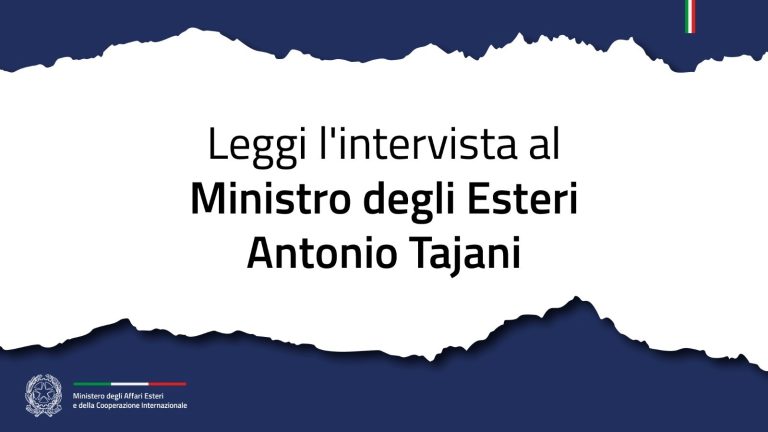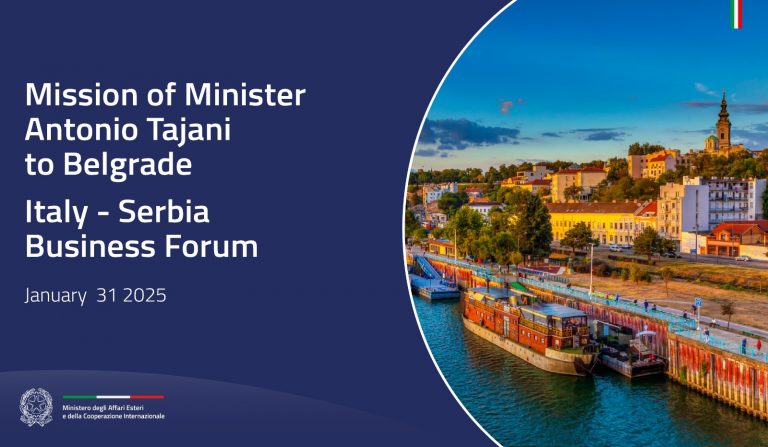Serbia is among the best countries in the world in cybersecurity, according to the Global Cybersecurity Index of the International Telecommunication Union (ITU). In this ranking, it is in the first of five levels thanks to good results in the fields of legal, technical, organizational and cooperation measures, as well as in capacity building in this increasingly important area for the Balkan country.
Serbia has also recently introduced a new strategy for the protection of personal data (2023-2030) with the aim of aligning itself with European Union (EU) standards and obtaining an “adequacy decision” that facilitates the transfer of data with Europe. The new rules regulate areas such as video surveillance, biometric and genetic data and strengthen the role of the Data Protection Commissioner.
On the cybersecurity front, a new law is expected in 2025 to adapt to the EU NIS2 Directive. The bill expands obligations for companies, requiring risk assessments, more frequent compliance checks and detailed reporting of incidents. Compared to European standards, however, the penalties envisaged are less stringent, which could reduce the effectiveness of rules as a deterrent. Compliance will therefore be driven more by companies’ interest in protecting themselves from cyber threats than by fear of penalties.
The prospects for the Serbian cybersecurity market, however, are bright: it is expected to record significant growth in the coming years. According to the latest projections, in fact, it seems plausible that the turnover of this market will reach approximately EUR 106 million this year. Among the various segments, Cyber Solutions dominate the market with an expected turnover of EUR 79 million. This shows the growing importance of security services in protecting companies and individuals from cyber threats. Furthermore, the cybersecurity market turnover is expected to show a compound annual growth rate (CAGR) of 10.87% from 2025 to 2029. This steady growth is expected to turn into a market volume of approximately EUR 160 million by 2029.
In Serbia, the Cybersecurity Network Foundation (CSN) is also proactively engaged in exchanging best practices with European partners, as well as institutions such as the Belfer Center for Science and International Affairs at Harvard University; the Geneva Centre for Security Policy; the George C. Marshall European Center for Security Studies; the European Union Agency for Cybersecurity (ENISA); the FIRST CERT global community, and the ITU. The Balkan country will also host the Cyber Security Summit in Belgrade in October.









